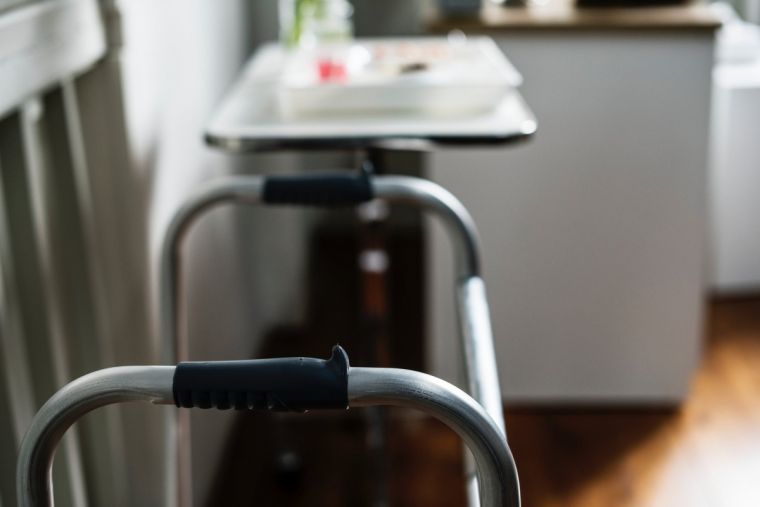It is chilling to suggest that legalising assisted suicide would save the NHS money

A report published in the journal of Clinical Ethics claims that assisted suicide could save the NHS money and increase organ donation.
This is a truly chilling report that demonstrates the dangers of legalising assisted suicide and euthanasia. It exposes the real agenda that while the authors may not believe money is a motivation for assisted suicide there are some people who do.
As one of the report authors, David Shaw, an ethicist who works for the universities of Basel and Maastricht says, the potential savings of allowing assisted dying is 'the elephant in the room'. He continued: 'We are simply arguing that the economic costs of denying assisted dying should not be ignored...'
We strongly disagree. The treatment of patients should be determined by doctors and other clinical staff in order to promote healing or provide palliative care and not by the bean-counters and their spreadsheets, because if we do, the terminally ill, disabled people and those with chronic conditions will feel pressure to end their lives. This is exactly what we see in the US states of Oregon and Washington, where a majority of those ending their lives cite fear of being a burden on their families and finances, while we have also seen cancer patients denied life-saving and life-extending treatments due to their cost, but offered the drugs to end their lives.
Is this really what we want for our NHS? A system where some patients are discriminated against because of their age, disability, or because they cannot afford expensive treatments and private health care.
What will shock most people is the link from assisted suicide and euthanasia to organ harvesting. Admittedly this is happening in the Netherlands and Belgium, but to suggest this is a sound reason to change the law is morally and ethically wrong.
No wonder not a single major doctors group, or major disability rights organisation supports changing the law, including the British Medical Association, the Royal College of General Practitioners, the British Geriatric Society, the World Medical Association and the Association for Palliative Medicine.
In Belgium, 50 per cent of nurses involved have performed euthanasia without the explicit consent of the patient. In the Netherlands people are also routinely euthanised without explicit consent having been obtained and the fastest growing category of euthanasia deaths are people who are mentally ill but have no physical illness, with a 600 per cent increase from 2012 to 2017.
This report highlights the dangers of legalising euthanasia. Very quickly the argument moves from that of personal autonomy to doctors and nurses making value judgements about the quality of other people's lives, whilst coming under pressure to save money and tackle so called 'bed blocking' in health services.
The dangerous underlying philosophy is that there is such a thing as 'a life not worthy to be lived' and that care can be too expensive, which is promoted by those who support a change in the law - people like Katie Hopkins who formally claimed that the UK has too many old people and proposed euthanasia vans which would visit the homes of the elderly.
Speaking to the Radio Times magazine she advocated for '...Euthanasia vans – just like ice-cream vans – that would come to your home' adding, 'It would all be perfectly charming. They might even have a nice little tune they'd play. I mean this genuinely. I'm super-keen on euthanasia vans'. Her proposal is not as far-fetched as we might think as there are already euthanasia vans in the Netherlands that visit care homes.
This is the same ill-informed and amoral utilitarian argument which saw disabled and mentally impaired people being euthanised in Germany during the late 1930s in order to make space in hospitals for injured soldiers returning from the battlefield.
Dr Gordon Macdonald is Chief Executive of Care Not Killing.











